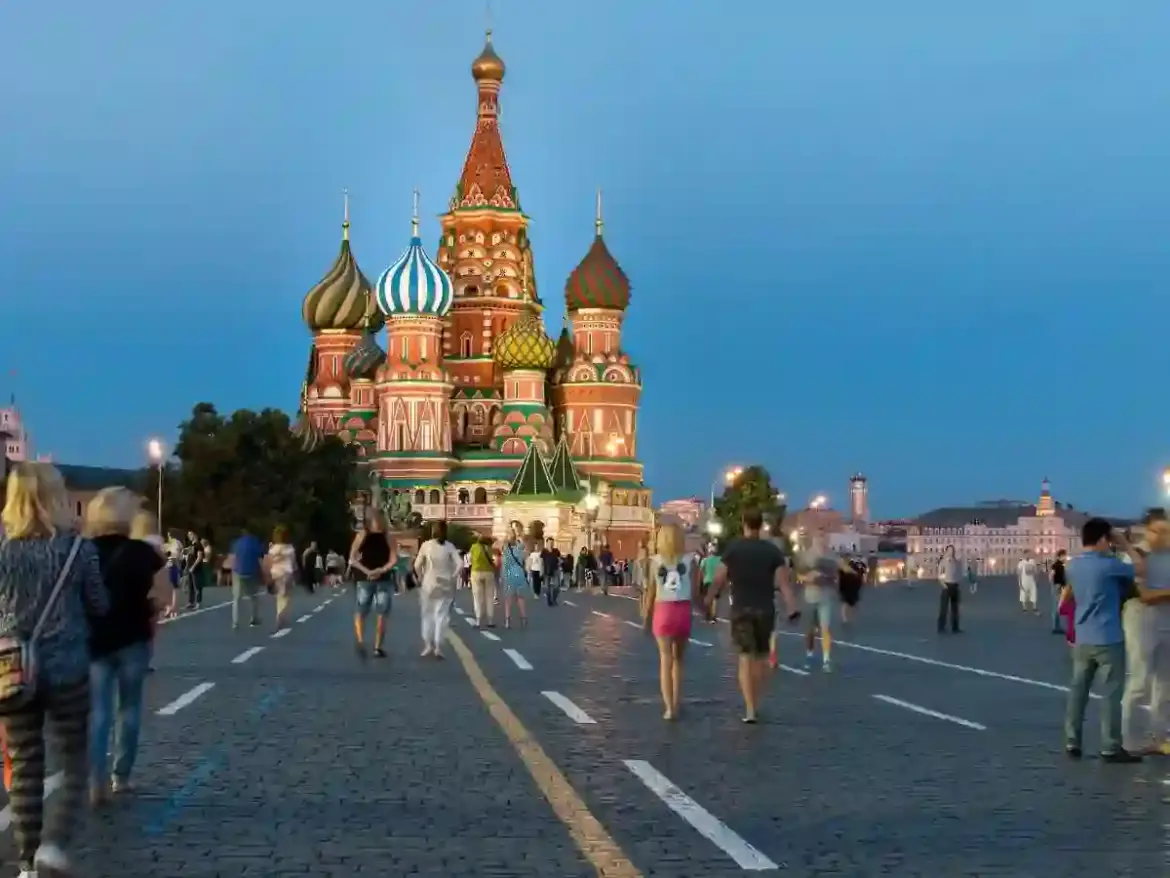Russia appears to be rethinking how it labels countries in its foreign policy rhetoric.
On Monday, Foreign Minister Sergey Lavrov announced that Moscow is gradually moving away from the term “unfriendly countries,” signaling a shift toward distinguishing between governments’ actions and entire nations.
Lavrov Explains the Change
Speaking at a press conference in Moscow ahead of the Intervision song contest, Lavrov addressed questions about whether performers from previously labeled “unfriendly states” would face participation restrictions.
“We are gradually moving away from the term ‘unfriendly countries,’ although it remains in legislation,” Lavrov said.
“As President Vladimir Putin recently emphasized in Vladivostok, for us there are no unfriendly countries, only governments with unfriendly policies toward the Russian Federation.”
Intervision Song Contest Makes a Comeback
The announcement came amid preparations for the Intervision song contest, which is set to return to Moscow on September 20.
Originally launched in the late 1960s as a socialist alternative to Eurovision, the competition also attracted participants from countries like Canada, Spain, Portugal, and Morocco.
This year, Russia will be represented by singer Yaroslav Dronov, known professionally as Shaman, with around 20 countries expected to take part.
The revival of Intervision has generated interest as a platform for music diplomacy in a tense geopolitical climate.
The Origins of “Unfriendly States” Lists
The label “unfriendly states” first appeared in Russia in spring 2021, targeting nations that had imposed restrictions on Russian diplomats.
Inclusion on the list carried reciprocal diplomatic limits.
By March 2022, the Russian government had formalized an expanded register covering countries and territories deemed to be engaging in hostile actions against Russia, its citizens, or companies.
By mid-2022, nearly 50 countries had been included.
Possible Revisions Ahead
While the term has appeared in multiple Russian legal documents, particularly in response to international sanctions, Kremlin officials indicate that the list could be reassessed as foreign relations evolve.
The move suggests Moscow may be aiming to separate political disagreements from broader public sentiment abroad, potentially easing the language used in official communications.
Looking Forward
As Russia reconsiders the terminology of “unfriendly states” and the Intervision song contest makes its return, observers are watching how these changes reflect broader shifts in the country’s diplomatic posture.
For now, music and politics are intersecting on Moscow’s stage in more ways than one.
